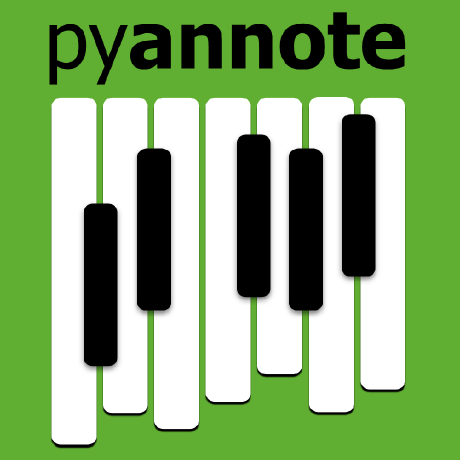Discover and explore top open-source AI tools and projects—updated daily.
pyannote-audio by  pyannote
pyannote
Speaker diarization toolkit
Top 5.6% on SourcePulse
This toolkit provides neural building blocks for speaker diarization, enabling speech activity detection, speaker change detection, overlapped speech detection, and speaker embedding. It is targeted at researchers and developers working with audio analysis and offers state-of-the-art pretrained models and pipelines that can be fine-tuned for improved performance on custom datasets.
How It Works
The toolkit is built on the PyTorch machine learning framework and offers a Python-first API. It leverages pretrained models and pipelines available on the Hugging Face Hub, allowing users to quickly apply advanced speaker diarization techniques. The core advantage lies in its modular design, providing "neural building blocks" that can be combined and fine-tuned, enabling customization for specific audio analysis tasks and datasets.
Quick Start & Requirements
- Install with:
pip install pyannote.audio - Requires accepting user conditions for specific models (e.g.,
pyannote/segmentation-3.0,pyannote/speaker-diarization-3.1). - Requires a Hugging Face access token.
- Supports GPU acceleration via PyTorch (
pipeline.to(torch.device("cuda"))). - Official documentation, changelog, and FAQs are available.
Highlighted Details
- Features pretrained pipelines and models on Hugging Face Hub.
- Claims state-of-the-art performance, with v3.1 showing significant improvements over v2.x across various benchmarks.
- Supports multi-GPU training with PyTorch Lightning.
- Includes a blog with insights into achieving top rankings in speaker diarization challenges.
Maintenance & Community
The project is actively maintained, with recent blog posts and model updates. It has a presence on Hugging Face and links to community contributions are provided.
Licensing & Compatibility
The README does not explicitly state the license type or compatibility for commercial use. Users are advised to check the specific model licenses on Hugging Face.
Limitations & Caveats
The README suggests considering pyannoteAI for production use cases, implying that pyannote.audio might be more research-oriented or less optimized for high-throughput production environments. Specific model usage requires accepting user conditions and obtaining Hugging Face tokens.
5 days ago
Inactive

 DongKeon
DongKeon KevinMIN95
KevinMIN95 BUTSpeechFIT
BUTSpeechFIT jonatasgrosman
jonatasgrosman hitachi-speech
hitachi-speech zai-org
zai-org microsoft
microsoft juanmc2005
juanmc2005 wenet-e2e
wenet-e2e wq2012
wq2012 modelscope
modelscope mravanelli
mravanelli